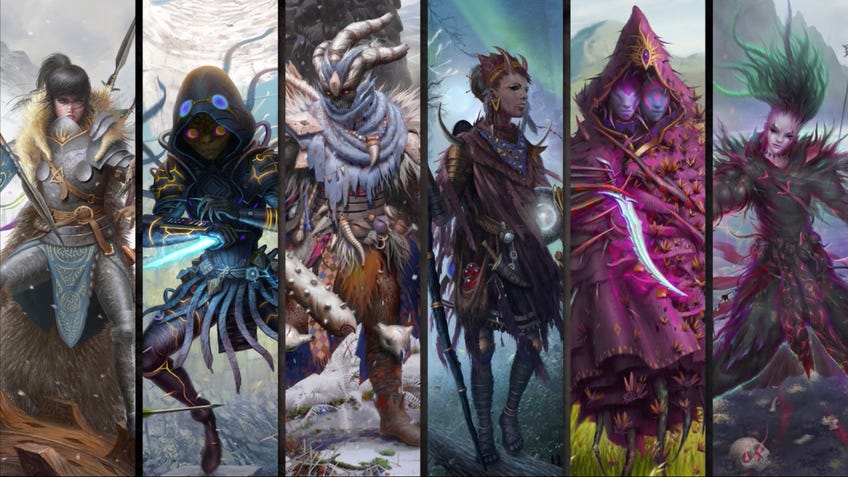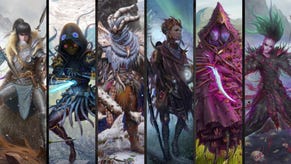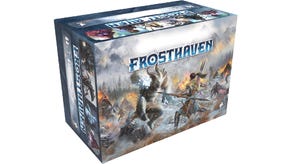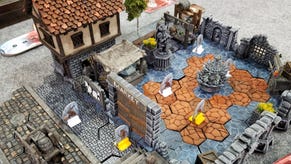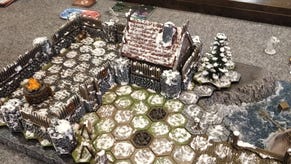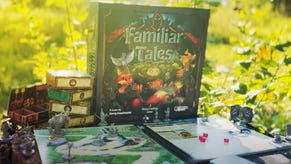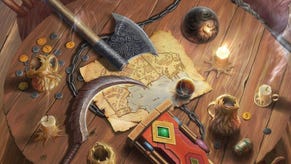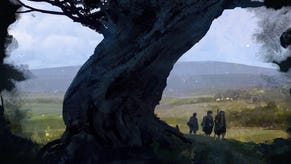Frosthaven designer to address “harmful” tropes, decolonise its design and talks cultural consultancy
Chilling introspection.
Frosthaven promises to be a massive game. The sequel to 2018’s Gloomhaven became the biggest crowdfunded game on Kickstarter and the third-largest project overall when fans pooled nearly $13 million for its development last spring. It has large shoes - and boxes - to fill as a successor to one of the most popular board games of the last decade, but designer Isaac Childres took a moment on May 14th to focus that anticipation on an important issue.
Childres posted a public update to Frosthaven’s Kickstarter page, titled “Getting the narrative right”, that explained the team’s recent efforts to tackle the inherent problems with Frosthaven’s - and by extension Gloomhaven’s - storytelling and worldbuilding. Namely, how a lack of choice and bog-standard fantasy tropes unintentionally left players in the cold.
While creating the setting and peoples of Gloomhaven, Childres said he never considered his choices might hurt anyone because they were a fabrication - a fantasy story full of fantasy races. “This is a big problem, however, because nothing is created in a vacuum,” he wrote in the post. “Everything we do is stamped with our own biases and influences. And while the intent may be to not harm, our biases have a tendency to cause harm anyway.”
He holds up the concept of race in Gloomhaven as an example. The wider game design world is currently grappling with race as a seemingly intractable mechanic in both RPGs and board games. Even Wizards of the Coast has publicly promised to overhaul Dungeons & Dragons’ system - a process it says could take several years.
“By using the term ‘race’, I am not only reinforcing this outdated way of delineating people, but I'm also reinforcing the idea that these delineations are so extreme - that the difference between a black person and a white person is as great as the difference between a squishy human and a pile of rocks,” Childres said.
Childres goes on to describe the practice of turning races - a concept he claims would be better understood as cultures - into monoliths with a handful of defining features or social tics isn’t just harmful reductionism, it’s lazy worldbuilding. He also briefly mentions the characterisation of peoples like the Inox and Quatryls as dangerous stereotypes of real-world cultures.
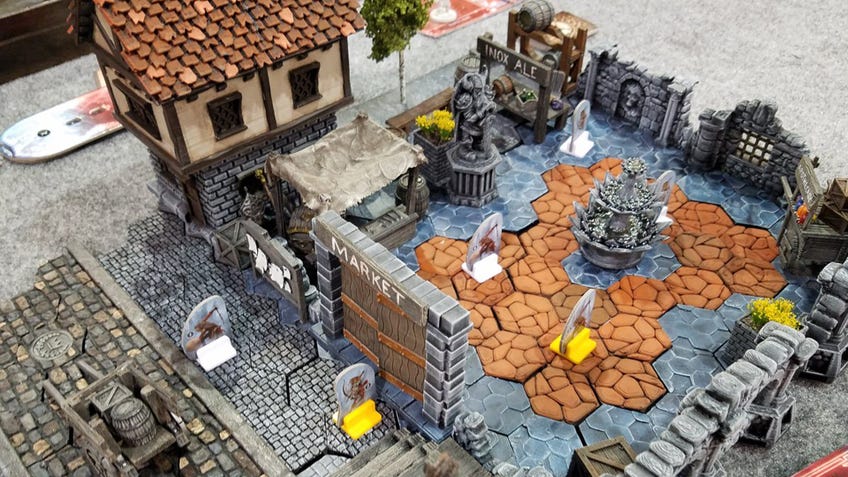
“The point is that I need to fix them. Not only to stop real-world harm for players who may react negatively to such depictions, but also to just make the world-building stronger and more carefully thought-out for all players to enjoy.”
These well-meaning realisations have already been partially addressed by the hiring of James Mendez Hodes as a cultural consultant in April. Mendez Hodes has previously consulted on Monsterhearts and Jiangshi: Blood in the Banquet Hall, and is currently working with Magpie Games on the upcoming Avatar: The Last Airbender RPG.
Mendez Hodes is strengthening the internal consistency of Frosthaven’s world while making sure any narrative decisions don’t stumble into co-opting an actual culture’s lived experience or other harmful stereotypes. Childres said the collaboration almost immediately paid off.
“It has been an enjoyable process that not only makes the game more ethical and welcoming to a wider audience, but also simply just makes it better,” he said. “We don't have to trade the quality of the story to make it less harmful. We can improve all things at the same time, so that this whole experience is just a win-win.”
One of the largest changes borne out of this work is a refocusing of player choice within Frosthaven’s scenarios that allows the game to more freely tackle often uncomfortable topics. Frosthaven’s ruling human powers are explicitly colonial in construction and intent, and Childres’ original narrative forced players to “become complicit” in their religious imperative.
“We've shifted the story around so that Frosthaven is a separate entity that doesn't want to, by default, take over by force a territory inhabited by other peoples,” he said. Those colonial powers still exist and will court the players towards their agenda, but providing tools for groups to choose the outcome of those encounters simply improved the game.

Childres ends the update with an apology to anyone harmed by what he characterised as ignorance as a designer. “I want to thank all the people who have helped me realise my mistakes in the intervening years. We all make mistakes, and the important thing is to learn from them and do our best to reverse any harm that those mistakes cause,” he said. “There's more work to do in that regard, but I think making sure Frosthaven doesn't repeat those mistakes, and talking about the process openly are good first steps.”
Frosthaven is reportedly entering the final stages of production. A recent timeline update slated August as when shipping to Kickstarter backers would begin, a process Childres said could take two to three months. Retail distribution will begin afterwards and is currently expected to hit shelves sometime in early 2022.
